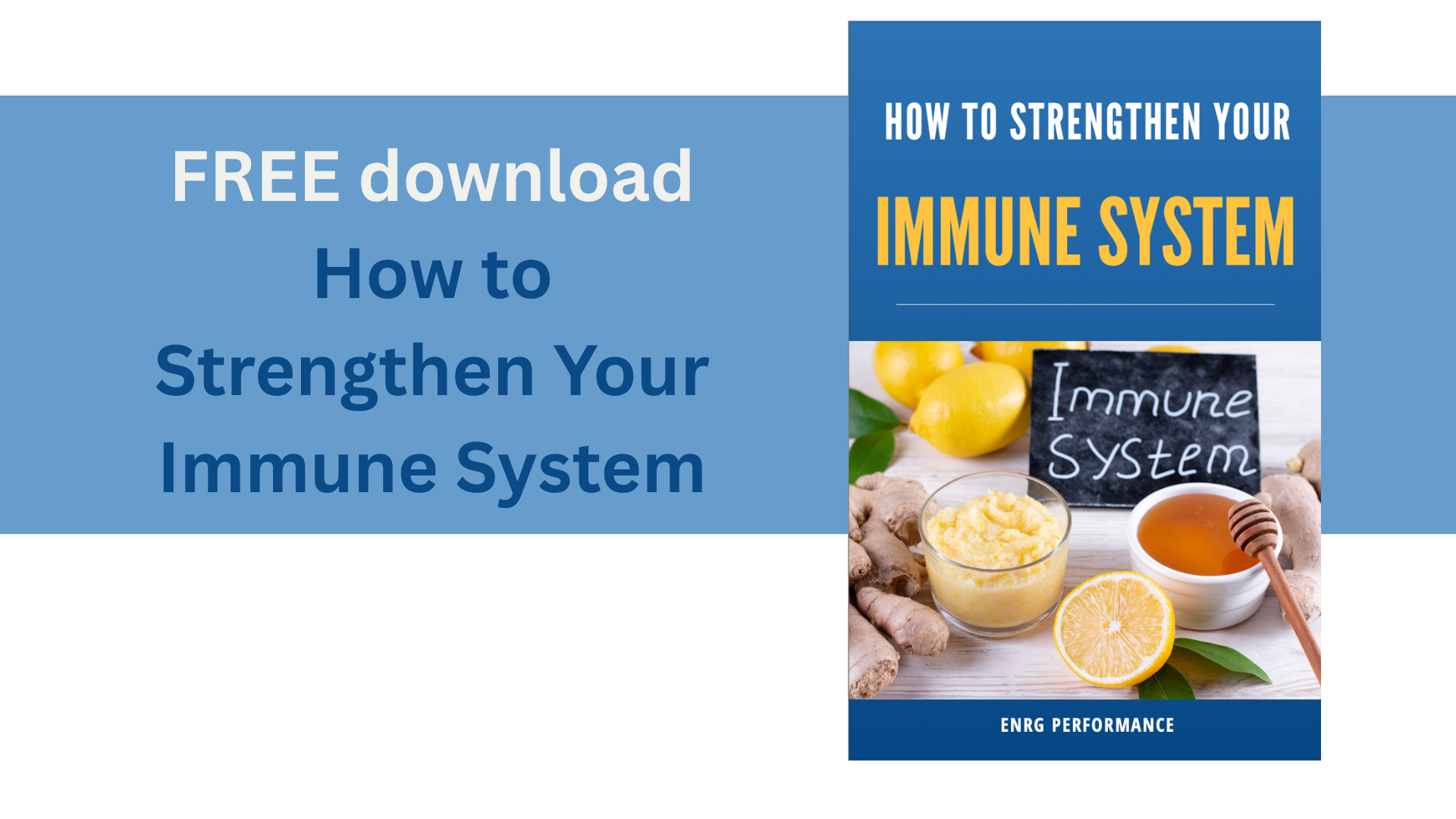“Dieting" and Mental Health
Dec 27, 2023
As you may know if you have been following me for a while, I am pretty anti “diet”. In fact, I don’t even use the word in normal conversation because I don’t believe it conveys a positive message. Instead, I prefer daily nutrition plan because, well, that’s really what we do, or at least, should do. We should all periodize our nutrients to support our health, wellness, fitness and performance-related goals.
If you use the word “diet” to describe how you eat, I would strongly encourage you not to. It may sound like a simple case of wordsmithing but it has a tremendous impact on the psychological relationship of food. Here are a few additional reasons why labeling how you eat as a “diet” may affect mental health.
Psychological Stress
Diets often impose strict rules and restrictions, leading to a constant state of anxiety about food choices. This heightened focus on limitations can create psychological stress, triggering feelings of guilt and failure when deviating from the prescribed diet plan. The cycle of restriction and guilt can contribute to the development or exacerbation of mental health conditions such as anxiety and depression.
Negative Body Image
Diets are frequently driven by societal standards, promoting some type of “ideal" body image that may not be realistic or achievable for everyone. In fact, an “ideal” body image doesn’t even exist nor should we be using that term. Constantly striving to meet unrealistic expectations can foster negative body image, eroding self-esteem and contributing to the development of body dysmorphic disorders.
Dysfunctional Relationship with Food
Diets often categorize foods as "good" or "bad," fostering a black-and-white perspective on eating. This can result in a dysfunctional relationship with food, where individuals may associate certain foods with moral judgments. This rigid mindset can contribute to the development of disordered eating patterns, such as orthorexia or binge eating, further impacting mental health.
Social Isolation
Dieting can create social barriers, as individuals may feel compelled to avoid social gatherings where they fear they will be unable to adhere to their diet plans. This isolation can contribute to feelings of loneliness and alienation. The social impact of diets extends beyond personal well-being, affecting relationships and overall quality of life.
Nutrient Deficiency and Cognitive Impairment
Some diets may lack essential nutrients, leading to physical health issues that can, in turn, impact mental well-being. Nutrient deficiencies have been linked to cognitive impairment, mood disorders and fatigue. Depriving the brain of essential nutrients can compromise its function, affecting concentration, memory and overall cognitive performance.
Rather than subscribing to restrictive diets, aim to adjust your macro- and micronutrient intake based on your health and performance-related goals. If there is one thing that you remember from this article, please remember this: use the phrase “daily nutrition or eating plan” and you will approach eating in a completely different manner. If you would like more assistance with your nutrition goals for the new year, please reach out to one of the awesome Sport Dietitians at eNRG Performance.
SUBSCRIBE AND WE WILL DROP SOME HEALTHY INSPIRATION IN YOUR INBOX
We hate SPAM. We will never sell your information, for any reason.







